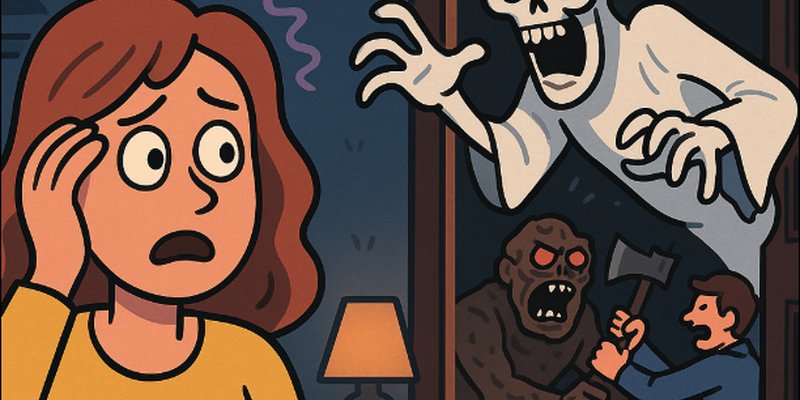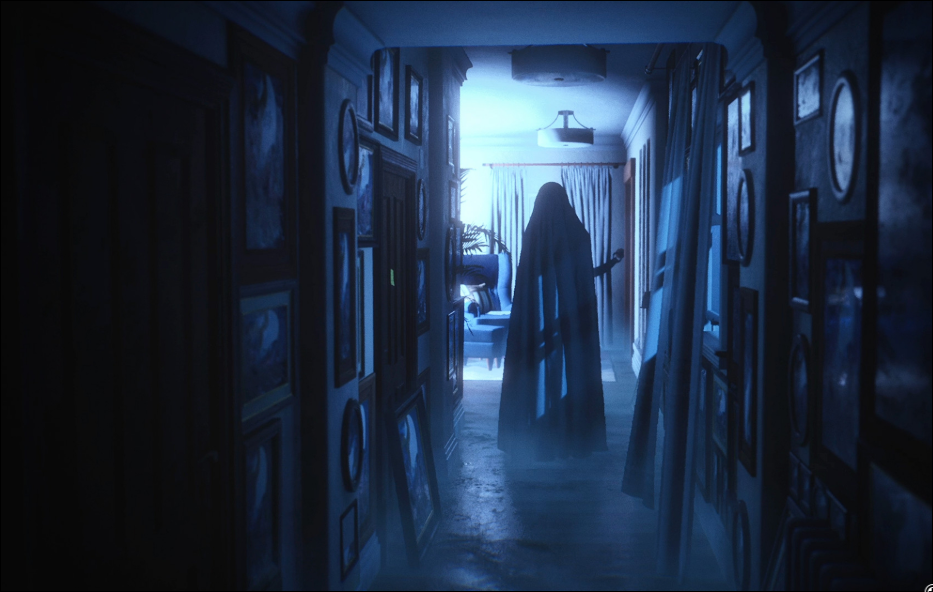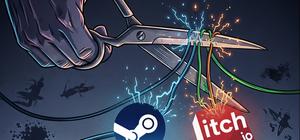Say Goodbye to Jump Scares, Your Brain is the New Haunted House 🧠
Let’s be real, the classic jump scare is getting a little… mid. For years, horror games relied on a monster jumping out from a closet, and we all screamed, laughed, and moved on. It was cute, but it’s 2025, and our standards are higher. We’ve seen it all before. Now, developers are getting smarter, pivoting from cheap thrills to something that lingers long after you’ve rage-quit for the night. Welcome to the era of psychological horror, where the goal isn’t to startle you, but to systematically dismantle your sense of reality. 💀 The new wave of horror is less about external monsters and more about the ones living rent-free in your head. Devs are trading in the boo-scares for a sustained, creeping dread that makes you the unreliable narrator of your own story. It's a bold new frontier, designed to mess with your mind, and honestly? We’re here for the chaos.
The New Rules of Scary: Gaslight, Gatekeep, Ghost an Entire Hallway
So how are they doing it? It’s not just about spooky vibes; it's a whole toolkit of psychological warfare. Modern horror devs are basically in their gaslighting era, and it is weirdly effective. They’re using a few core techniques to make us question everything.
Forget predictable monsters; the real enemy is the constant, crushing feeling that you’re being watched. It's all about atmospheric tension. Devs build these unsettling environments with creepy ambient sounds and the implication of a threat that never quite shows itself. It’s emotionally exhausting in the best way possible.
Then there’s the part where the game actively tries to make you feel unhinged. You’ll walk down a corridor, turn around, and a door that was definitely locked is now wide open. An object appears where it wasn't moments before. The game is literally telling you, “You didn’t see that,” making you paranoid about the very space you’re in. It's a level of trolling we have to respect.
Case Study: ‘Luto’ is Here to Ruin Your Life (Affectionately)
Leading the charge into our collective psyche is Luto, a first-person horror experience from Broken Bird Games that’s all about getting lost in your own home. And in your own grief. The game traps you in a house that serves as a metaphor for the protagonist’s fractured mind, with corridors that loop and rooms that rearrange themselves when you’re not looking. Big "get out of my head" energy.
The developers have been very public about their 'no jump scares' policy, which is a major flex. Instead, Luto focuses on creating a dynamic narrative environment that directly explores loss and mental illness. The horror here isn't a zombie, it's the raw, disorienting experience of grief. Not me actually getting emotional about a horror game. 🙃 Of course, this trend didn’t come from nowhere. We have to bow down to the games that walked so the new generation could run.
Giving Props to the OGs of Psychological Terror
- Silent Hill 2: This game was serving deeply personal and symbolic horror before it was cool. It basically invented the idea of monsters as metaphors for the protagonist's trauma. The blueprint, for real.
- Amnesia: The Dark Descent: Legitimized the 'helpless protagonist' trope. By taking away your ability to fight back, the game forced you to confront fear head-on, and its sanity meter was a masterclass in psychological mechanics.
- Hellblade: Senua’s Sacrifice: A game that did its homework. Developed with neuroscientists, it offers a terrifyingly authentic depiction of psychosis, using auditory and visual hallucinations to put you directly in Senua's headspace. It ate that and left no crumbs.
The Future is Bleak (and We Love That For Us)
Where does it go from here? The future of horror is looking more personal and even more messed up. We're seeing a push toward procedural generation to keep environments unpredictable, meaning you can never get comfortable. There’s even talk of bio-adaptive horror, where games could track your heart rate to tailor scares in real-time. Say less. Imagine a game knowing you’re scared and using it against you. The betrayal.
With VR and AR becoming more mainstream, the lines between the game and your living room are set to blur even further. So yeah, the future of horror is basically therapy, but with more screaming and way better art direction. Your move, wallet. We’ll be watching. 👀



